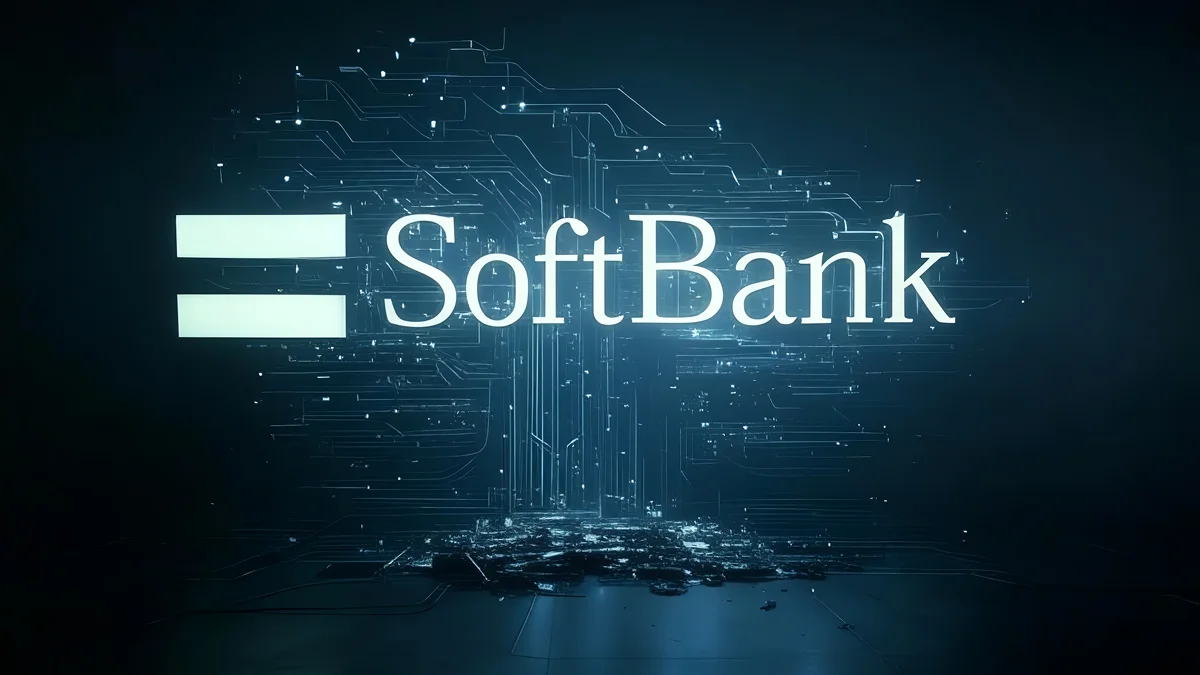Necessary Always Active
Necessary cookies are required to enable the basic features of this site, such as providing secure log-in or adjusting your consent preferences. These cookies do not store any personally identifiable data.
|
||||||
|
||||||
|
||||||
|

SoftBank Group’s founder, Masayoshi Son, has shared plans to build a massive SoftBank AI hub worth $1 trillion in Arizona. According to Reuters, the large-scale industrial park, known as Project Crystal Land, aims to focus on artificial intelligence, robotics, and advanced manufacturing. If it goes ahead, this project could completely change Arizona’s role in the global tech industry.
The proposed SoftBank trillion-dollar AI hub is still in its early stages. However, Son has already started speaking with major tech companies and U.S. government officials to turn the idea into reality. As part of the plan, SoftBank is exploring partnerships and asking for financial support, such as tax breaks for businesses that invest in or build inside the park.
Masayoshi Son’s long-term goal is to turn Arizona into a high-tech manufacturing zone, much like Shenzhen in China. Shenzhen is known as the heart of China’s electronics and tech manufacturing industry. Son wants Arizona to become the U.S. version of that city, with factories that produce robots and AI-powered technologies on a large scale.
The Arizona AI manufacturing plan would help reduce America’s dependence on foreign manufacturing and boost domestic production. According to Bloomberg, Son believes this will be key to leading the global AI race.
SoftBank is also looking to team up with Taiwan Semiconductor Manufacturing Co. (TSMC), the world’s biggest chipmaker. Son wants TSMC to play a role in Project Crystal Land, although it’s still unclear how involved TSMC might be. As Bloomberg reported, “SoftBank is keen to have TSMC involved in the project… but it is not clear in what capacity.”
It’s also not clear whether TSMC is interested, as the company already has big commitments in the U.S. It is currently building chip plants across the country with a planned investment of $165 billion.
In addition to TSMC, Son is reaching out to other major tech players. According to the report, companies like Samsung Electronics have been contacted to explore their interest in joining Arizona’s Robotics AI hub. These talks show Son’s serious commitment to bringing top tech partners on board to build a powerful AI and robotics ecosystem.
SoftBank has begun speaking with both federal and state government officials in the U.S. to gain support for the project. One of the main topics has been possible tax incentives for companies that agree to invest in the AI park or build factories there. Bloomberg also reported that Masayoshi Son had discussions with U.S. Secretary of Commerce Howard Lutnick as part of these talks.
The SoftBank AI hub is one of the biggest investment ideas in the tech industry today. Its estimated cost of $1 trillion is double the size of another major U.S. project called Stargate. That project, which is backed by SoftBank, OpenAI, and Oracle, plans to expand AI data center capacity across the U.S. with an expected investment of $500 billion.
At the moment, neither SoftBank nor TSMC has made an official public statement about the Arizona project. The White House and the U.S. Department of Commerce also did not comment on the situation.
This is not the only major investment SoftBank has made recently. In March 2024, the company announced it would acquire a U.S.-based chip design firm, Ampere, for $6.5 billion. In April, Son said SoftBank would invest up to $40 billion in OpenAI, with around $10 billion of that being offered to other investors through syndication.
Although Project Crystal Land is still just an idea, it clearly shows Son’s renewed focus on AI and his belief that tech manufacturing should return to the U.S. If successful, this SoftBank trillion-dollar AI hub could place Arizona at the center of future global AI development and manufacturing.
However, much depends on political support. As Bloomberg noted, “Feasibility depends on support from the Trump administration and state officials.” This means the project’s future will rely heavily on how much backing it receives from the U.S. government.
In the coming months, SoftBank is expected to continue discussions with tech companies and government leaders to secure the funding and support needed. If the project moves forward, it could become one of the most important tech developments of the decade, shaping the future of AI, robotics, and advanced tech production in the United States.